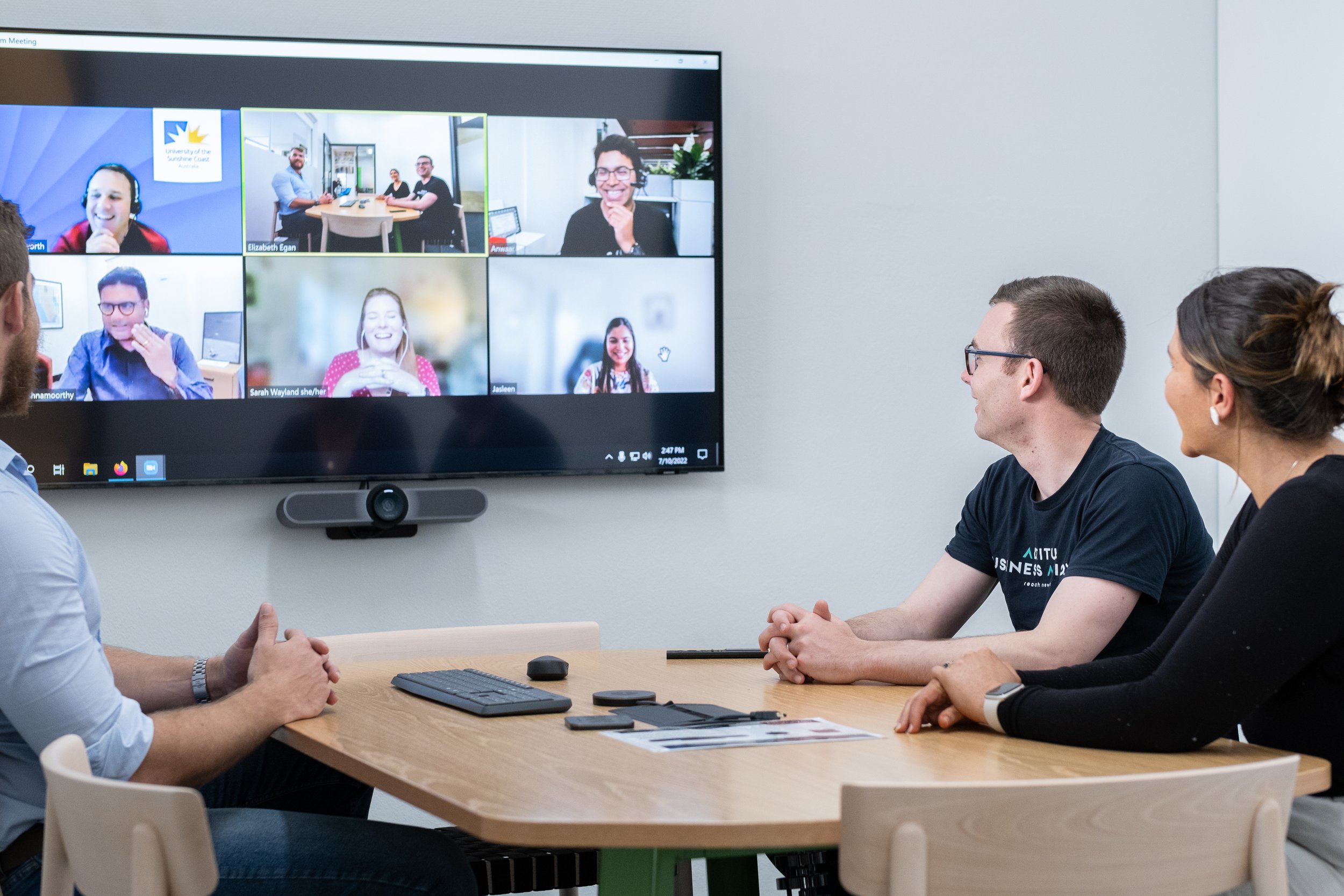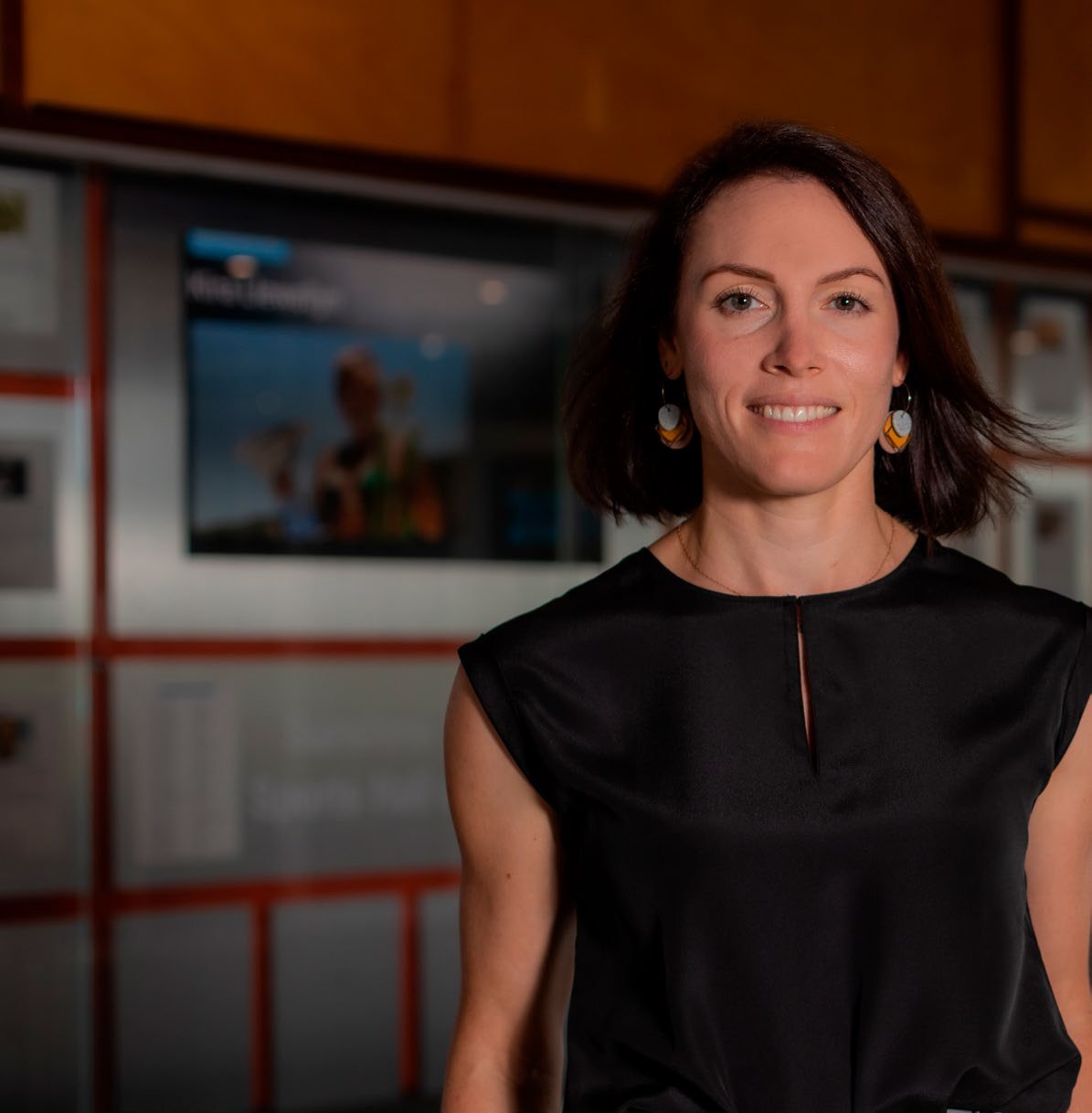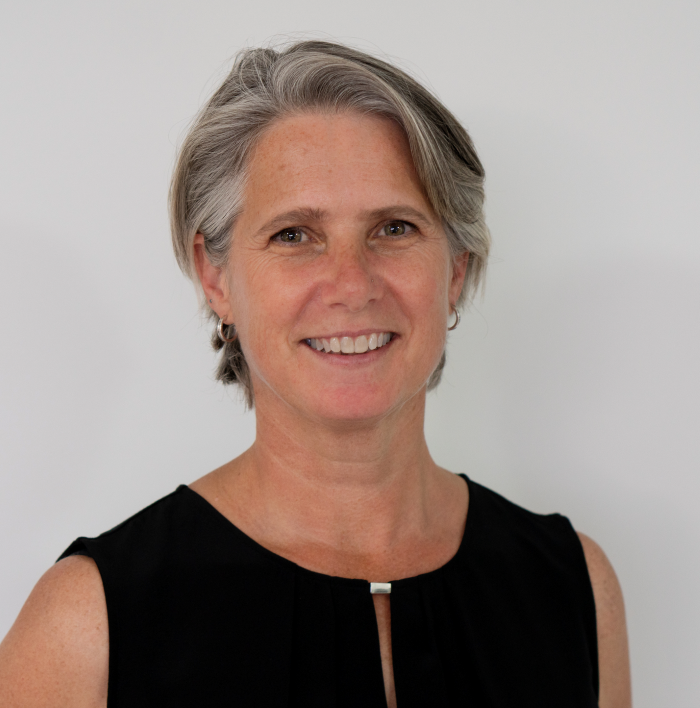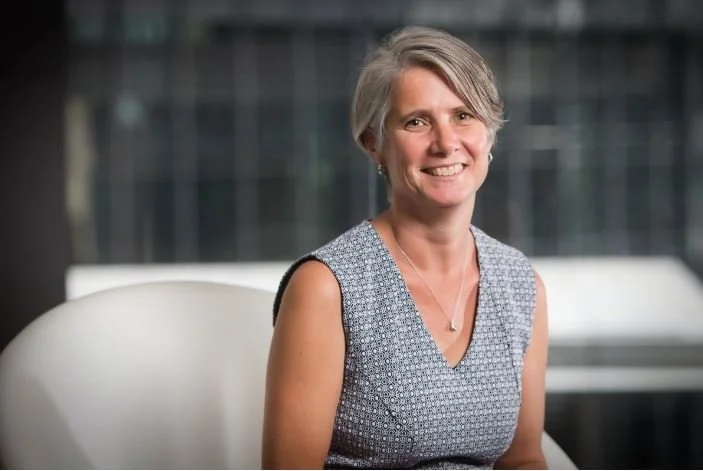
Vital voices boost Manna’s governance
The depth of expertise and knowledge within Manna Institute has been bolstered with the appointment of five new representatives to senior governance roles.

Regions in focus for $3.66m mental health initiative
From left: Dr Ratika Kumar, Associate Professor Christian Swann, Dr Eric Brymer

A year of growth
As 2022 draws to a close, we pause to reflect on a year of profound growth and learning, of new partnerships and exciting projects, the likes of which have never been seen before.

Listening to that inner voice
A crossroads in our lives can bring great clarity – and inspire powerful change.

Manna Institute seeking Lived Experience and First Nations governing representatives
We are seeking Expressions of Interest for First Nations people and people with lived experience of, and interest in, regional Australian mental health to join Manna Institute governance groups. EOIs for these positions are open until 6 January 2023 and are to be submitted to mannainstitute@une.edu.au

Vital mental health research for rural and regional Australian communities
An innovative virtual research and training institute – the first of its kind in Australia – has been launched to improve the mental health and wellbeing of rural, regional and remote communities.

PhD Scholarships to further regional mental health on offer!
Developing the next generation of mental health researchers in regional Australia is one of Manna Institute’s important goals. To this end, we will be rolling out a number of scholarships to support higher degree research students.

Webinar launch of Manna Institute
Manna Institute will be launched on Monday 31 October via a live webinar.

Dementia prevention outside cities
Almost 50 percent of dementia risk is preventable, highlighting the need for research, equitable public health approaches and targeted lifestyle interventions for all Australians – regardless of where they live. Most dementia prevention research in Australia, and indeed the world is primarily based in metropolitan areas. Understanding the unique needs of rural, regional and remote communities is a knowledge gap that requires attention and solutions for dementia prevention that are appropriate, accessible, and innovative.

Hope on the darkest of days
Sarah Wayland’s 2015 thesis is not locked away in a repository “for just a few academics to read”. It’s a living tool that’s helping to transform how our society thinks about life and loss. And this National Missing Persons Week sees Sarah’s research transformed into a series of world-first therapeutic cards that she and the Missing Persons Advocacy Network (MPAN) hope will help people struggling with the complex emotions of having a long-term missing loved one.

Mental health research with heart
Two University of New England (UNE) researchers are about to embark on novel projects to boost the wellbeing of people in rural, regional and remote Australia as part of the new Regional Australia Mental Health Research and Training Institute (RAMHeaRT) led by UNE. Dr Margaret Rogers and Dr Sarah Wayland have been selected to conduct research and training for the virtual institute, which brings together leading mental health researchers from seven universities in the Regional Universities Network (RUN), including UNE, Charles Sturt University, Central Queensland University, Federation University, Southern Cross University, the University of Southern Queensland and University of Sunshine Coast.

Digital mental health platform for young people gains Momentum
Long lockdowns, school closures and restrictions on everyday life have put young people at a greater risk of mental health issues. And while it will be years before we can truly assess the psychological impact of COVID-19, digital health researchers at the University of Southern Queensland are developing a new digital mental health platform for children and adolescents to help ease the growing demand on mental health care providers.

Digital mental health platform for young people gains Momentum
Long lockdowns, school closures and restrictions on everyday life have put young people at a greater risk of mental health issues. And while it will be years before we can truly assess the psychological impact of COVID-19, digital health researchers at the University of Southern Queensland are developing a new digital mental health platform for children and adolescents to help ease the growing demand on mental health care providers.

Regional Universities to establish mental health institute
A consortium of regional Universities has won a bid to establish a regional mental health institute, aiming to create the next generation of mental health researchers to address significant regional, rural and remote (RRR) mental health challenges.

Data shows children anxiety spike in COVID crisis
University of Southern Queensland researchers have seen a sharp increase in the number of young people seeking help for anxiety since the start of the COVID-19 crisis. Psychologist Professor Sonja March said two to four times more children and adolescents had signed up for the BRAVE Program, an online platform to help manage anxiety, since the pandemic started. “Much of this increase seems to be coming from school-based referrals,” she said.

A community response to suicide
In a ground-breaking report to the Prime Minister's first National Suicide Prevention Advisor, released yesterday, UNE Professor in Social Work Myfanwy Maple and her fellow researchers have highlighted major shortfalls in existing health-care provision and the importance of future policy being informed by lived experiences of suicide.

Researchers up for science and technology awards
A University of Southern Queensland child psychologist and plant pathologist have been announced as finalists in the 2020 annual Women in Technology (WiT) Awards. Professor Sonja March (School of Psychology and Counselling / Centre for Health Research) and Dr Niloofar Vaghefi (Centre for Crop Health) are among 44 outstanding women recognised through the program in 2020. WiT is one of Queensland's most respected technology industry associations, supporting and promoting the achievements of women in science and technology industries.

Animated assessment app to screen children for mental health
Children as young as five could soon be able to access a new online assessment tool that aims to recognise potential mental health problems. The web-based app developed at the University of Southern Queensland (USQ) allows children to identify emotional and behavioural difficulties they might be experiencing so that families, educators and health professionals can provide early assistance.
